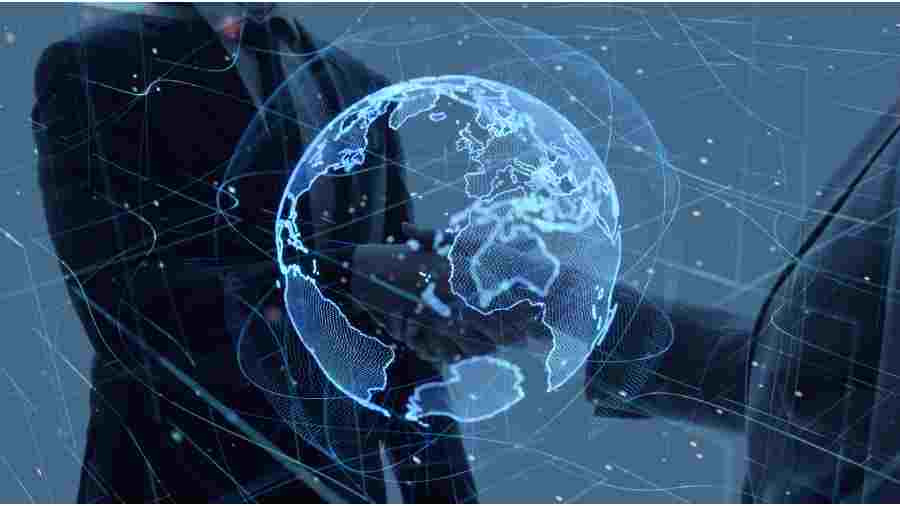Coming to terms with a prolonged pocket pinch triggered by persistently high inflation has not been easy. The practical struggle has been compounded by an analytical conundrum, with a myriad factors like heatwaves across swathes of India, China’s ‘zero-Covid’ policy, and a bleeding Russia-Ukraine conflict that has squeezed supplies of wheat, oil and fertilisers, conjoining to create a complex reality. At a broader level, the supply crunch, spiralling prices and pervasive chaos generated by Covid-19 and geopolitical fissures have resulted not only in a radical rupture with the past but also merited retrospection — is the idea of interdependence, propped up by neoliberal globalisation, susceptible to collapse?
Before interdependence and free trade became buzzwords of globalisation, the scholars, Robert Keohane and Joseph Nye, had coined the term, ‘complex interdependence’, to connote multiple spheres of engagement — economic, military, cultural — among nations that enhance mutual sensitivity (and vulnerability). Crucially, a subtext of desirability underlay the concept: military warfare was purportedly less likely amongst states sutured in such ties. After the trio of liberalisation-privatisation- -globalisation diffused national borders in the 1990s, interdependence came to be seen as a linear, deterministic movement, embracing more and more countries while claiming to elevate their economies. Transnational interdependence deepened channels of linkage even as it spawned glaring divisions globally in terms of access, benefits and degree of integration.
As the 21st century inches forward, the rise of transnational threats like climate change and pandemics has belied the conventional protection offered by borders and constitutes what has been termed as ‘global risk society’, underlining the common vulnerability in the face of such novel threats. Responding to such challenges requires a coordinated and multilateral approach but, as recent history shows, unilateralism and lack of trust reign dominantly in State policy and praxis. In the case of vaccines, quick, wide-ranging access to poorer nations holds the hope of avoiding the transmission of new variants and a resurgence across nations. More recently, the global paucity of wheat and fuel has underscored the need for barrier-free supply chains. Yet, what we have witnessed are displays of the ‘my-nation-first’ attitude, tariffs and export bans. Coupled with a trust deficit is the possibility of free-riding —when nations can’t bank on their partners to fulfil commitments that deliver the most when all parties abide by their promises. This is evident most starkly in the matrix of agreements and targets to combat climate change, with little trust being reposed on the developed nations to transfer pre-determined funds and technology to smoothen transitions for hard-pressed countries.
The inherent pitfalls of interdependence are not limited to trust-deficits,free-riding and reneging of agreements. The avenues of engagement and dependence among nations can also be used as a negative leverage —crippling sanctions and boycotts serve to block or upend the very channels through which countries rely to get crucial supplies and export items. In a highly internationalised financial system, this possibility is even more acute, as exemplified in the exclusion of Russia from the swift payment system that links numerous banks and institutions across countries. Furthermore, a disruption in a region that acts as a chief supplier of certain commodities — Ukraine and Russia for wheat — creates a butterfly effect whose ripples spread widely.
But there have been some silver linings as well. Covax, which drew on the volition and vaccines of numerous countries, helped inoculate weaker nations. Strategic petroleum reserves give a glimmer of hope even amidst the war in Ukraine. However, whether the essential risks inherent in a network of global interdependence erode in the aftermath of multiple disruptive crises remain to be explored.











